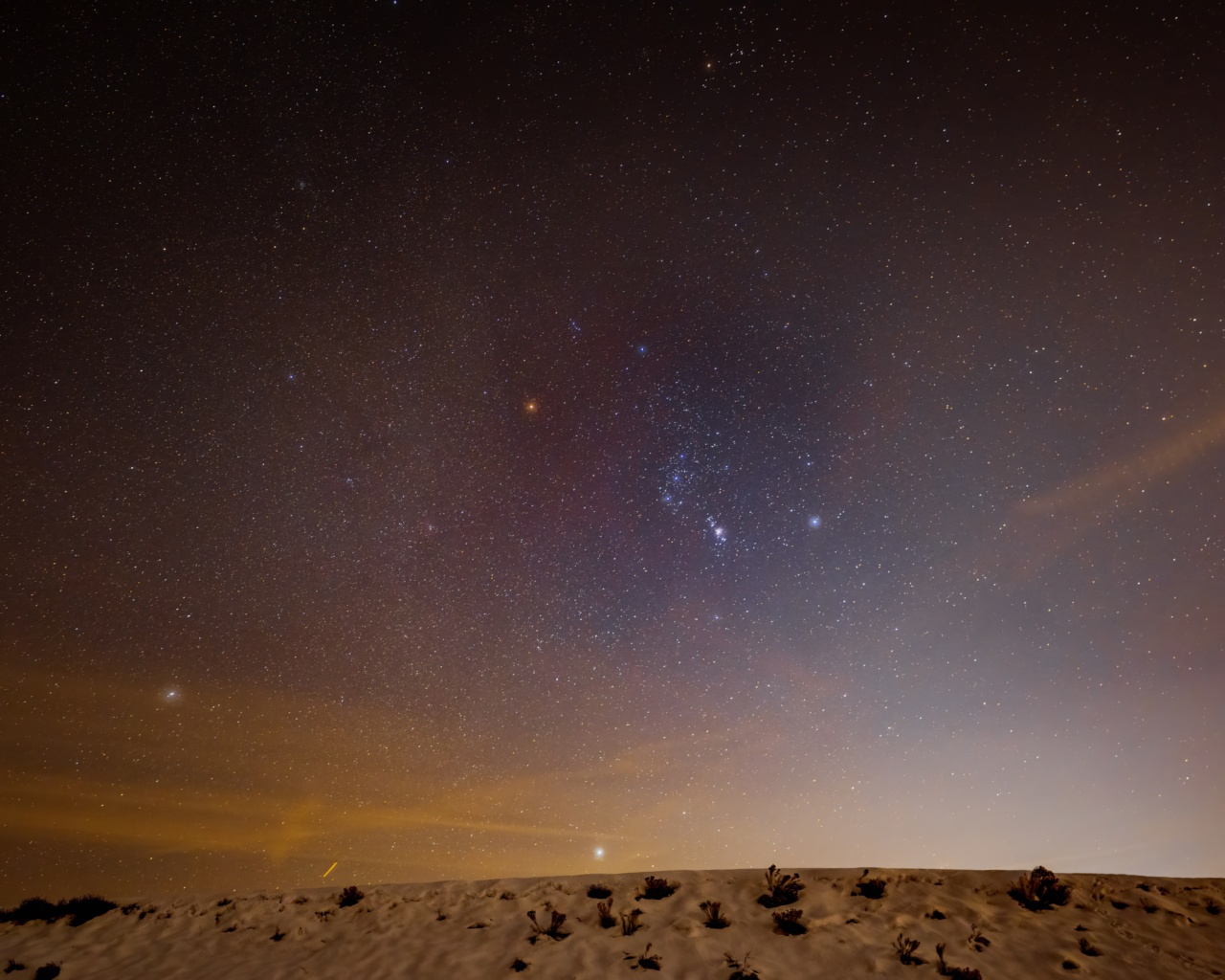Cholesterol is a waxy, fat-like substance found in your blood. While your body needs cholesterol to build healthy cells, too much cholesterol can lead to health problems, such as heart disease.
High cholesterol levels can be caused by factors such as a poor diet, lack of exercise, or genetics. Fortunately, there are several natural ways to lower your cholesterol levels. Here are 30 of them:.
1. Eat more soluble fiber
Soluble fiber can help lower your cholesterol levels by reducing the amount of cholesterol your body absorbs. Good sources of soluble fiber include oats, barley, beans, lentils, fruits, and vegetables.
2. Cut back on saturated fat
Saturated fat can raise your cholesterol levels, so try to limit your intake of foods such as fatty meats, butter, cheese, and cream. Instead, choose lean proteins, such as skinless chicken or fish, and switch to low-fat or fat-free dairy products.
3. Eat more fatty fish
Fatty fish, such as salmon, tuna, and sardines, are high in omega-3 fatty acids, which can help lower your cholesterol levels. Aim to eat at least two servings of fatty fish per week.
4. Include nuts in your diet
Nuts, such as almonds, walnuts, and pistachios, are high in heart-healthy unsaturated fats and can help lower your cholesterol levels. However, keep in mind that nuts are also high in calories, so eat them in moderation.
5. Use olive oil instead of butter
Olive oil is rich in heart-healthy monounsaturated fats and can help lower your cholesterol levels. Try using it as a replacement for butter or other fats when cooking.
6. Add herbs and spices to your meals
Herbs and spices, such as garlic, turmeric, and ginger, have anti-inflammatory properties and can help lower your cholesterol levels. Try adding them to your meals for added flavor and health benefits.
7. Choose whole grains over refined grains
Whole grains, such as brown rice and whole wheat bread, are rich in fiber, which can help lower your cholesterol levels. Choose whole grains instead of refined grains, such as white rice and white bread, for added health benefits.
8. Limit your alcohol consumption
Drinking too much alcohol can raise your cholesterol levels and increase your risk of heart disease. If you drink alcohol, limit your intake to no more than one drink per day for women and two drinks per day for men.
9. Quit smoking
Smoking can raise your cholesterol levels and increase your risk of heart disease. Quitting smoking can help lower your cholesterol levels and improve your overall health.
10. Exercise regularly
Regular exercise can help lower your cholesterol levels and improve your heart health. Aim for at least 30 minutes of moderate-intensity exercise, such as brisk walking or cycling, most days of the week.
11. Lose weight
Carrying excess weight can raise your cholesterol levels and increase your risk of heart disease. Losing weight through diet and exercise can help lower your cholesterol levels and improve your overall health.
12. Get enough sleep
Lack of sleep can disrupt your hormonal balance and raise your cholesterol levels. Aim for at least 7-8 hours of sleep per night to help lower your cholesterol levels and improve your overall health.
13. Manage your stress levels
Chronic stress can raise your cholesterol levels and increase your risk of heart disease. Try stress-reducing techniques, such as yoga or meditation, to help lower your cholesterol levels and improve your overall health.
14. Drink green tea
Green tea is rich in antioxidants and can help lower your cholesterol levels. Aim for at least 2-3 cups of green tea per day for added health benefits.
15. Include soy in your diet
Soy, such as tofu and soy milk, is rich in heart-healthy plant compounds and can help lower your cholesterol levels. Try incorporating soy into your diet for added health benefits.
16. Eat more fruits and vegetables
Fruits and vegetables are rich in fiber, vitamins, and antioxidants, and can help lower your cholesterol levels. Aim to eat at least five servings of fruits and vegetables per day.
17. Choose lean proteins
Lean proteins, such as chicken, fish, and legumes, are low in saturated fat and can help lower your cholesterol levels. Choose lean proteins over fatty meats for added health benefits.
18. Eat more plant sterols and stanols
Plant sterols and stanols can help lower your cholesterol levels by blocking the absorption of cholesterol in your intestines. Good sources of plant sterols and stanols include fruits, vegetables, and fortified foods.
19. Replace sugary drinks with water
Sugary drinks, such as soda and fruit juice, are high in sugar and can raise your cholesterol levels. Replace sugary drinks with water or unsweetened beverages for added health benefits.
20. Snack on air-popped popcorn
Air-popped popcorn is a low-calorie, high-fiber snack that can help lower your cholesterol levels. Try snacking on air-popped popcorn instead of high-calorie snacks for added health benefits.
21. Avoid trans fats
Trans fats can raise your cholesterol levels and increase your risk of heart disease. Avoid trans fats by reading food labels and choosing products with no trans fats.
22. Try apple cider vinegar
Apple cider vinegar has been shown to help lower cholesterol levels by increasing the production of bile. Try adding apple cider vinegar to your salads or drinks for added health benefits.
23. Eat more legumes
Legumes, such as beans and lentils, are high in protein, fiber, and heart-healthy nutrients, and can help lower your cholesterol levels. Try incorporating legumes into your meals for added health benefits.
24. Include avocados in your diet
Avocados are high in heart-healthy monounsaturated fats and can help lower your cholesterol levels. Try adding avocados to your salads or smoothies for added health benefits.
25. Snack on dark chocolate
Dark chocolate is rich in antioxidants and can help lower your cholesterol levels. However, keep in mind that dark chocolate is also high in calories, so eat it in moderation.
26. Try psyllium husk
Psyllium husk is a high-fiber supplement that can help lower your cholesterol levels. Try adding psyllium husk to your smoothies or drinks for added health benefits.
27. Eat more mushrooms
Mushrooms are rich in heart-healthy nutrients and can help lower your cholesterol levels. Try incorporating mushrooms into your meals for added health benefits.
28. Drink pomegranate juice
Pomegranate juice is rich in antioxidants and can help lower your cholesterol levels. Aim for at least 1-2 cups of pomegranate juice per day for added health benefits.
29. Use garlic in your cooking
Garlic has been shown to help lower cholesterol levels by reducing the amount of cholesterol your body absorbs. Try adding garlic to your meals for added health benefits.
30. Get regular check-ups
Regular check-ups with your doctor can help you monitor your cholesterol levels and identify any health problems early on. Make sure to get regular check-ups to help maintain your health.






























